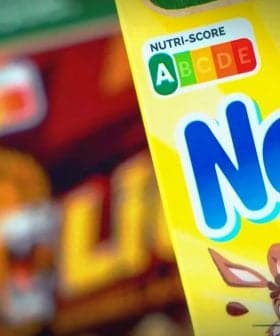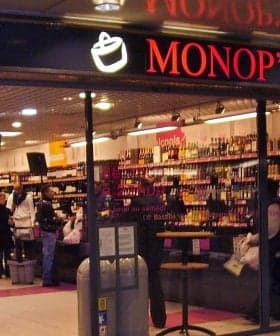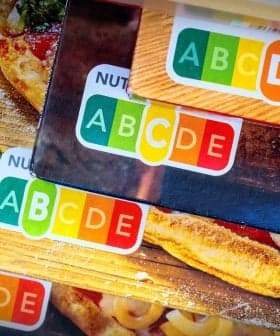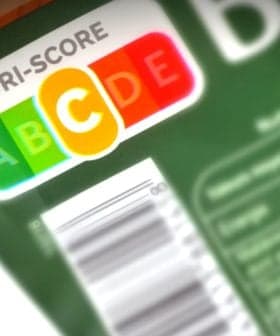French Cheese Association Rejects ‘Simplistic’ Nutri-Score
Producers behind France’s Roquefort cheeses said the rating system failed to take into account the health benefits of their famous product.
 Roquefort cheese wheels
Roquefort cheese wheels The General Confederation of Roquefort has criticized Nutri-Score for penalizing traditional specialties like cheese, arguing that the rating system is punitive and should not be applied to protected products. Despite opposition from cheese producers, Nutri-Score advocates defend the system as a simple way for consumers to understand and compare the nutritional content of food products within the same category.
The General Confederation of Roquefort, an organization of the French cheese producers with a Protected of Designation of Origin (PDO), has condemned Nutri-Score for punishing traditional specialties.
According to the consortium, the front-of-pack labeling system’s rating represents a “punitive approach,” and the famous cheese should be exempt from using the logo.
The desire for transparency for the consumer must be rational and have common sense.
The confederation said that it had taken its stand, along with some elected politicians and local officials, because the French government plans to make Nutri-Score mandatory for food producers.
See Also:Study: Nutri-Score Label System Does Not Discourage Olive Oil Consumption“This is paradoxical,” Sébastien Vignette, secretary-general of the confederation, told French newspaper LeFigaro. “Ultra-processed industrial food products which contain preservatives obtain an A or a B [on the Nutri-Score scale] while very natural local products are stigmatized.”
Nutri-Score ratings classify food on a scale broken down into five corresponding colors and letters, from “Green A,” considered the healthiest option, down to the “Red E.”
These ratings are based on basic nutrient content, such as sodium, unsaturated fats and calories, in a 100-gram or 100-millimeter portion. All cheeses are rated D or E since they are high in both sodium and saturated fats.
Due to the types of ingredients taken into account by Nutri-Score, some beverages, including artificially-sweetened soft drinks, receive a “Green A” or “Light Green B.”
However, Serge Hercberg, the founder of the food labeling system, told Olive Oil Times in a July 2020 interview that the ratings are meant to compare food products in the same category. For example, the ratings for diet soft drinks do not mean the product is healthy, simply that it is healthier than regular soft drinks.
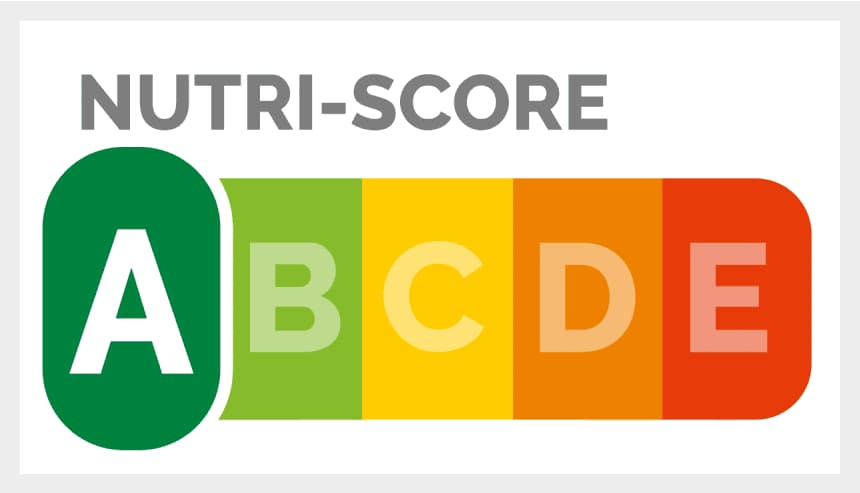
“This is an injustice. We are the heirs of traditional recipes with specifications which guarantee the quality of our products,” Vignette said, further describing Nutri-Score as a “simplistic logo” in a time “when complexity and nuance rarely have their place.”
Stéphane Mazars, a member of the French National Assembly in Aveyron, where Roquefort is traditionally produced, added that “if I do not have previous knowledge, between A and E, I will always go toward the A.”
“For Roquefort, this does not make any sense,” he added. “Labels are already an act of responsibility toward the consumer… The desire for transparency for the consumer must be rational and have common sense.”
Vignette emphasized that the confederation is not “against Nutri-Score if it is deployed to classify processed food, about which the citizens need to be informed. What we are fighting is its application to PDOs specialties.”
The confederation’s statement follows a similar one made by the two most prominent cheese Italian PDO cheese consortia, Parmigiano Reggiano and Grana Padano. In a joint initiative, the two organizations criticized Nutri-Score, saying that it does not consider the nutritional profile of high-quality cheese.
However, the General Confederation of Roquefort’s initiative is being rebuked by Nutri-Score advocates, including the European Consumer Organization (BEUC), an early supporter of the French-born food logo.

Roquefort-Sur-Soulzon, France
“Roquefort is a product high in fat, salt and calories, so this ranking is no surprise for anyone who has ever checked the nutritional table at the back of the pack,” Camille Perrin, BEUC’s senior food policy offer, told Food Navigator.
She added that Nutri-Score is not simplistic; it is simple, in the sense that “it is about translating the nutritional table available in the back of the pack, to make it more understandable and usable by consumers.”
According to the French consumer association CLCV, “Roquefort is good, but it is also fatty and salty, and the consumer must be informed that it is rated D or E.”
The CLCV added that “Nutri-Score allows consumers to make an informed choice by comparing at a glance the nutritional quality of products from the same family. Why not allow it for cheese?”
According to data from Statista, a market research firm, approximately 20,000 tons of Roquefort are produced in France each year. Seven thousand tons of those are certified with PDO status, of which 25 percent are exported abroad.
Nutri-Score remains the front runner to be selected as the European Union’s standardized food labeling system. The European Commission intends to choose a front-of-pack labeling platform by the end of next year.
Share this article


